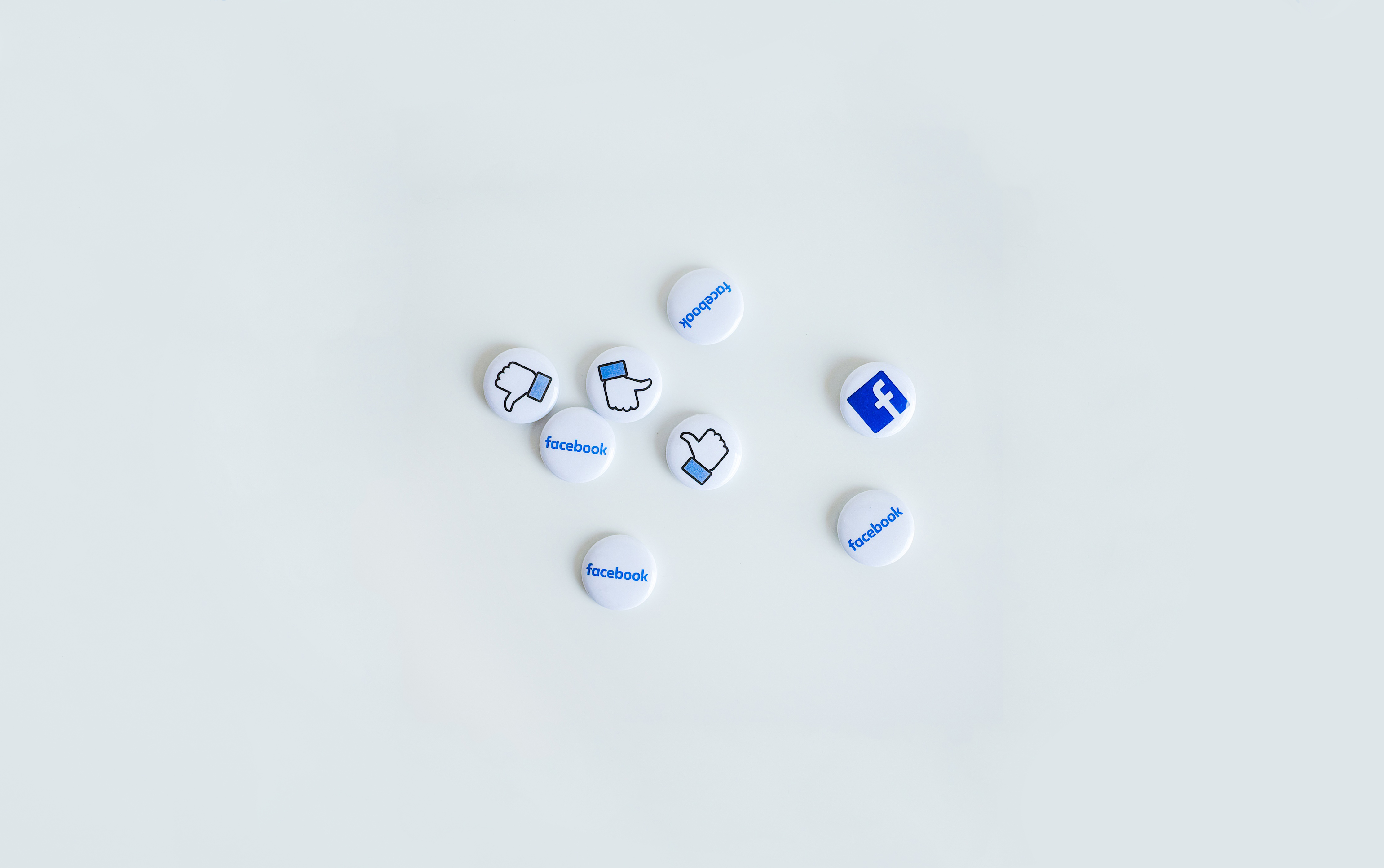The Benefits of Social Listening
Social media isn’t just a broadcasting platform for publishing information. Companies with effective social platforms are using them to have authentic conversations with their audiences, and getting a better understanding of how the brand is perceived. To do the latter, they’re engaging in what’s called “social listening.”
What is social listening?
Social listening—or social media monitoring—is the practice of scanning the web and various social spaces to learn what is being said about your brand, your competitors, and relevant keywords or topics. Simply put, social listening is a way of paying attention to how people perceive your brand and what they care about relative to your industry.
How do you do it?
A simple way is to set Google Alerts to track your brand mentions and have these notifications delivered directly to your inbox at a certain time per day. This won’t get you all mentions, but will give you a flavor of things being said about your brand. For more robust reporting on not just your brand mentions but also non-branded conversations that are relevant to your industry, consider investing in a paid tool, such as Synthesio, Simply Measured, or Social Studio(formerly Radian6).
What are the benefits?
There are many. Here are just a few ways social listening can drive your business forward.
- Generate more leads. With more insight into the conversation, you’ll have the advantage of identifying influencers who are talking about your brand. There could be opportunities to collaborate with them and expand your reach. And by understanding the topics of conversation, you’ll get some good ideas for new content that might help move potential customers down the purchase funnel.
- Improve customer service. According to Convince and Convert, 42% of American internet users who have complained to a brand on social media expect a reply within 60 minutes. This tells us that social media has evolved into an expectation of response from the brands they mention. And because social listening gives you a more accurate, real-time picture of conversations, you have the opportunity to address concerns about your brand or products right away.
- Manage your reputation. Social sentiment is a way of measuring the emotions behind your social media mentions. It adds context to social media by segregating it out into positive, neutral, and negative mentions. It’s important to keep an eye on your brand’s social sentiment to regularly track how your audience is feeling about who you are and how you operate. If you have more negative sentiment than positive, for example, you can tailor your social media marketing to more directly alleviate concerns.
- Track competitors. Social listening allows you not only to learn how people perceive your own brand, but also how people perceive your competitors. You can track metrics such as share of voice, or how much of the conversation with target consumers your brand owns versus your competitors, to get a sense of overall brand awareness. This might help guide any social advertising or other media plans you’re considering..
Whatever your chosen listening method, make sure to regularly monitor your social channels. Most importantly, act on what you learn and make adjustments as the conversation evolves to ensure you’re staying engaged and relevant with your social audiences.





